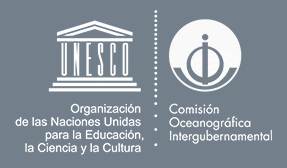Displaying 893 results.

Business Case: Investing in Grenada’s Yellowfin Tuna Exports
The relatively high incidence of billfish mortality in Grenadian fishing landings and the overall poor health of billfish stocks harvested in the region demonstrates a need for an urgent reduction in incidental billfish landings and mortality. Extensive research and analysis based on 2018 Fishery Performance Indicators (FPIs) indicate that the yellowfin tuna (YFT) export fishery in Grenada may provide the necessary triple-bottom line opportunities to use a parallel approach1 to address billfish mortality and achieve improved fisheries management. This may be achieved by increasing tuna quality and values for fishers, exporters and the government. At the same time, it is expected that the pressure on the billfish stocks will be reduced through investments to change gear, practices and technology. The increase in tuna quality and reduction in billfish landings is not expected to negatively impact subsistence fishing.
Author: FAO/Wilderness Market/CI/CLME+
Year: 2018
Keywords: Yellowfin Tuna Exports case study, investment
 6
6


 Report issue
Report issue
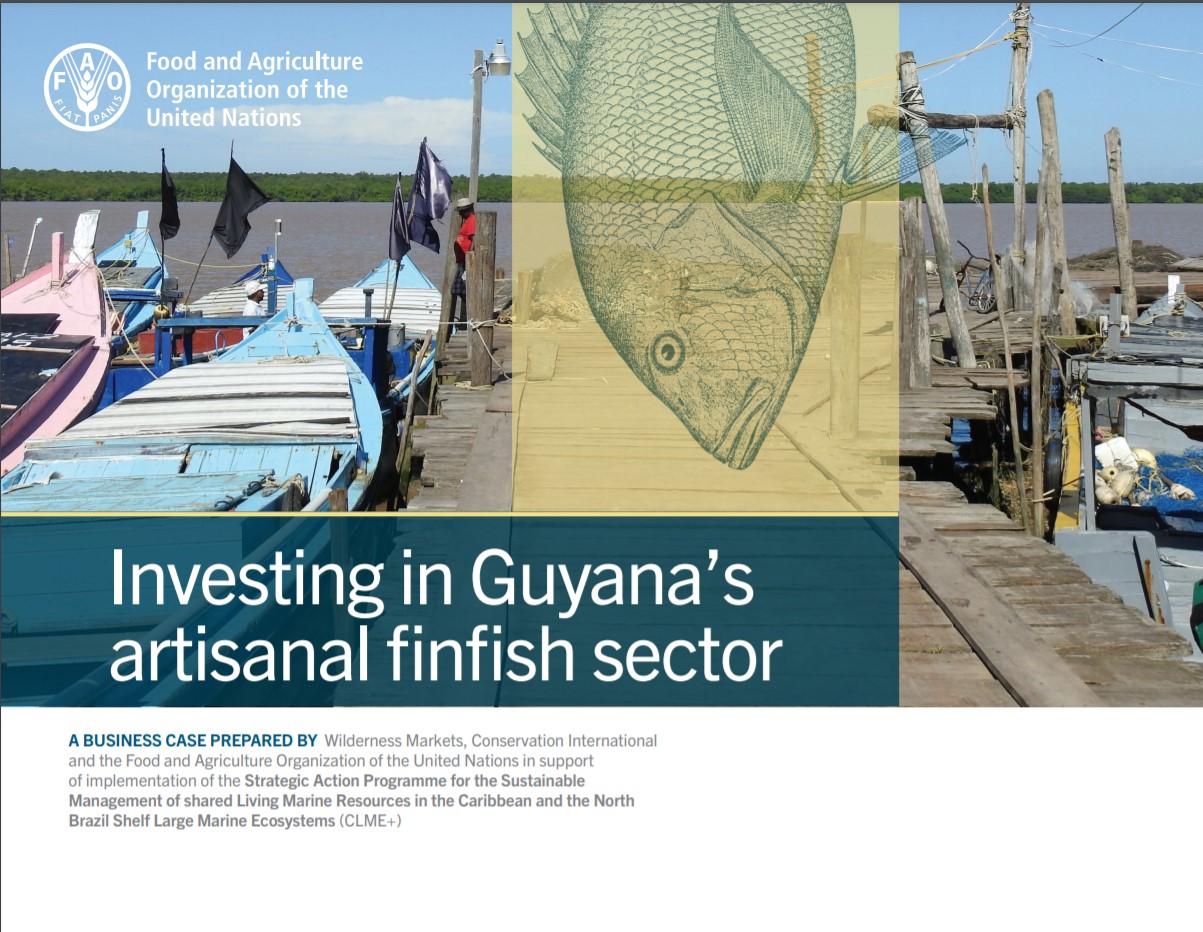
Business Case: Investing in Guyana’s Artisanal Finfish sector
Author: FAO/Wilderness Market/CI/CLME+
Year: 2019
Keywords: Guyana Business Case Finfish sector Business Case, Finfish
 8
8


 Report issue
Report issue
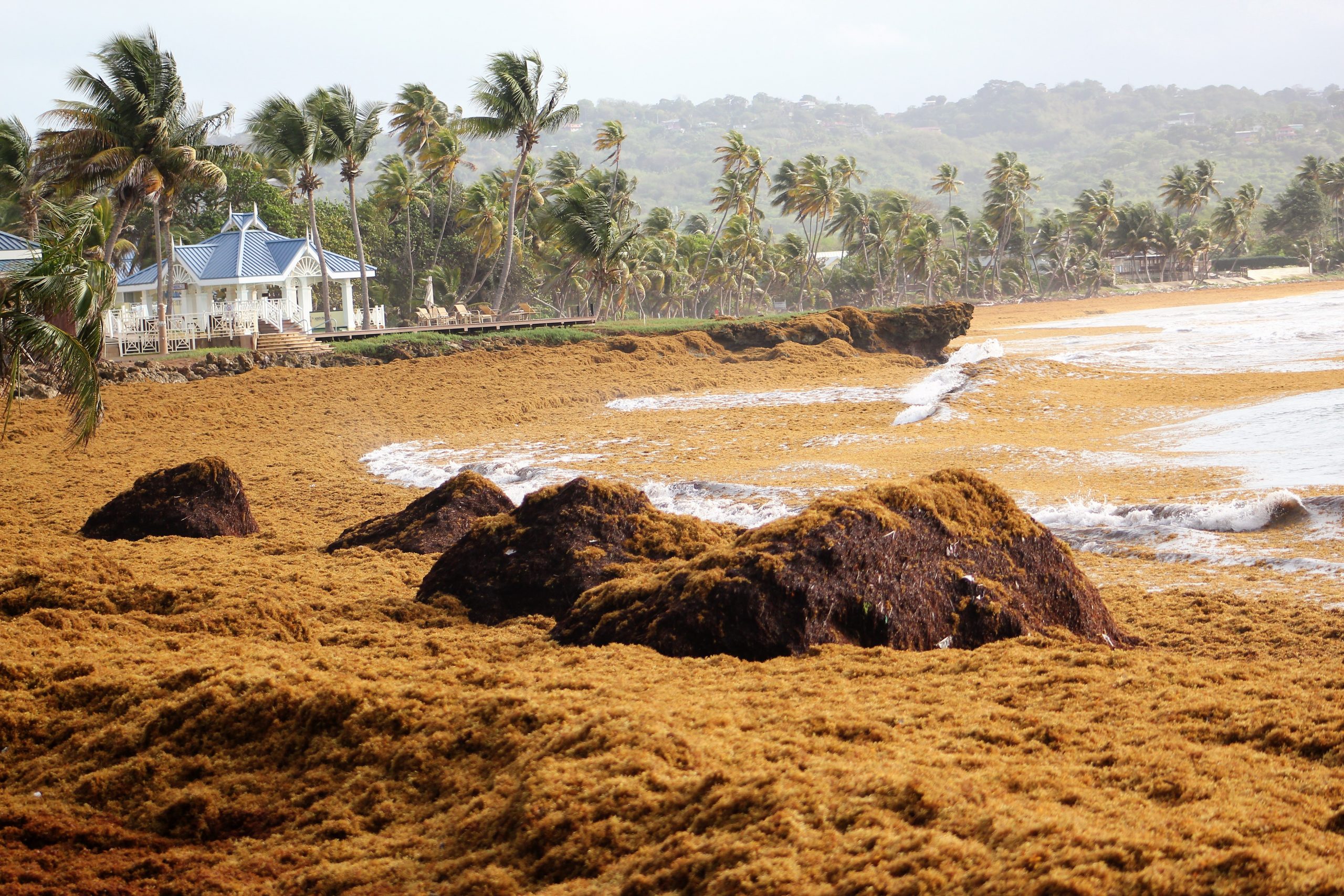
CANARI Issue Paper No. 2 – Rising to the climate challenge: Coastal and marine resilience in the Caribbean
Climate change poses a critical challenge for Caribbean small island developing states (SIDS). Rising sea levels and sea surface temperatures, ocean acidification and more intense hurricanes and storms, and the resulting impacts on coastal and marine ecosystems, pose significant threats to communities, livelihoods and key economic sectors that depend on these ecosystems. CANARI Issue Paper No. 2 – Rising to the climate challenge: Coastal and marine resilience in the Caribbean highlights important lessons and innovations from work by the Caribbean Natural Resources Institute (CANARI) to build resilient coastal and marine ecosystems and liveli¬hoods in Caribbean SIDS using a participatory and socially inclusive approach. The issue paper draws on ten years of work by CANARI and its partners across the Caribbean, particularly under the following projects:
· Climate Change Adaptation in the Fisheries of Anguilla and Montserrat, 2017-2020, funded by the United Kingdom Government under the Darwin Initiative
· Engaging Civil Society in Strategic Action Programme Implementation under the Catalysing Implementation of the Strategic Action Programme for the Sustainable Management of Shared Living Marine Resources in the Caribbean and North Brazil Shelf Large Marine Ecosystems (CLME+) Project, 2017-2021, led by the United Nations Development Programme (UNDP) and funded by the Global Environment Facility (GEF) (32 countries and territories across Latin America and the Caribbean)
· Powering Innovations in Civil Society and Enterprises for Sustainability in the Caribbean (PISCES), 2017-2020, funded by the European Union EuropeAid Programme (10 countries: Antigua and Barbuda, The Bahamas, Dominica, Grenada, Haiti, Jamaica, St. Kitts and Nevis, Saint Lucia, St. Vincent and the Grenadines, Trinidad and Tobago)
· Regional Implementation of a Vulnerability and Capacity Assessment of Coastal and Fishing Communities under the Climate Change Adaptation in the Eastern Caribbean Fisheries Sector Project (CC4FISH), 2017-2020, led by the Food and Agriculture Organization of the United Nations (FAO) and funded by GEF (5 countries: Grenada, St. Kitts and Nevis, Saint Lucia, St. Vincent and the Grenadines, Trinidad and Tobago)
· Strengthening Caribbean Fisherfolk to Participate in Governance Project, 2013-2016, funded by the European Union EuropeAid Programme (17 countries: Anguilla, Antigua and Barbuda, The Bahamas, Belize, Barbados, Dominica, Grenada, Guyana, Haiti, Jamaica, Montserrat, St. Kitts and Nevis, Saint Lucia, St. Vincent and the Grenadines, Suriname, Trinidad and Tobago, Turks and Caicos)
Author: CANARI
Year: –2021
Keywords:
 4
4


 Report issue
Report issue
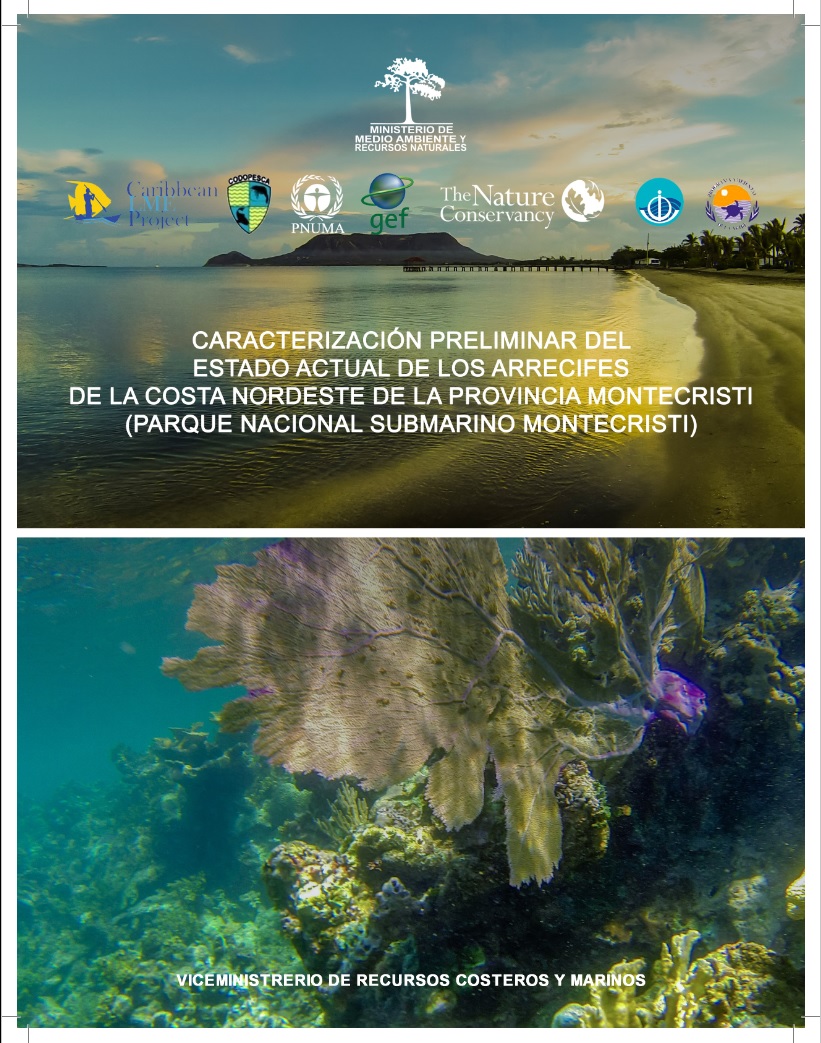
Caracterización preliminar del estado actual de los arrecifes de la Costa Nordeste de la Provincia Montecristi (Parque Nacional Submarino Montecristi)
Este reporte presenta los resultados preliminares de la evaluación del estado actual de los arrecifes del Parque Nacional Submarino Montecristi, en la provincia de Montecristi, realizada durante los meses junio y julio 2012. La zona de estudio estuvo comprendida desde Punta Rucia hasta cerca de la vertiente Este del Morro, la cual incluye los espacios del Parque Nacional Submarino Montecristi (PNSM) y áreas aledañas dentro del conjunto de áreas protegidas de la Provincia Montecristi.
Los objetivos del trabajo consistieron en evaluar el estado de salud del arrecife, obtener información de línea base para actualizar la Base de Datos Ambientales del Ministerio de Medio Ambiente y Recursos Naturales (MA) y generar insumos para la fase Diagnóstica y Propuesta de Zonificación del Proyecto Piloto de Manejo y Conservación de la Pesquería y Biodiversidad Arrecifal Parque Nacional Submarino Montecristi (MA- CLME).
Author: ViceMinisterio de Recursos Costeros y Marinos, Ministerio de Ambiente y Recursos Naturales, Republica Dominicana
Year: 2012
Keywords:
 8
8
 1
1

 Report issue
Report issue
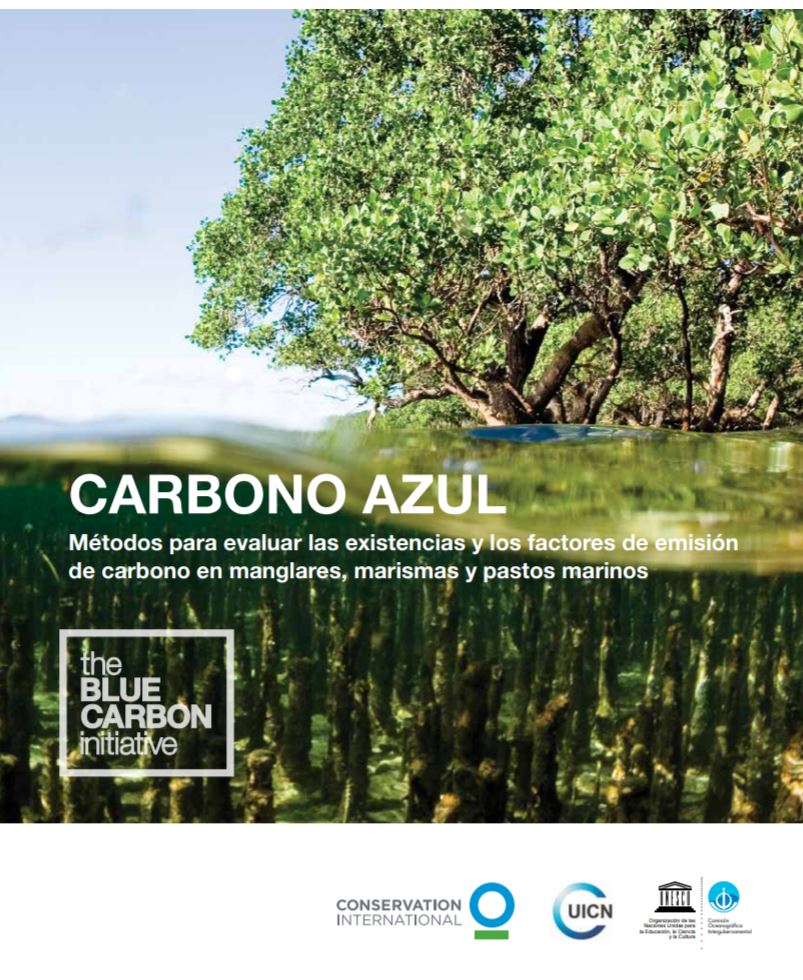
Carbobo Azul – Métodos para evaluar las existencias y los factores de emisión de carbono en manglares, marismas y pastos marinos.
Coastal ecosystems are critical to maintaining human well-being and global biodiversity. Mangroves, marshes and seagrass sequester and store significant amounts of blue carbon from the atmosphere and ocean, and are now recognized for their role in mitigating climate change. The conservation and restoration of these coastal ecosystems has been increasingly addressed in international and national climate change mitigation policies and financing mechanisms. To date, however, countries have not incorporated blue carbon into their portfolio of climate change mitigation or coastal management policies and actions, largely because blue carbon assessment mechanisms were not well defined or standardized.
Author: Howard, J., Hoyt, S., Isensee, K., Pidgeon, E., Telszewski, M.
Year: 2018
Keywords: Blue Carbon, Enviroment, Manual, Initiative blue carbon
 4
4


 Report issue
Report issue
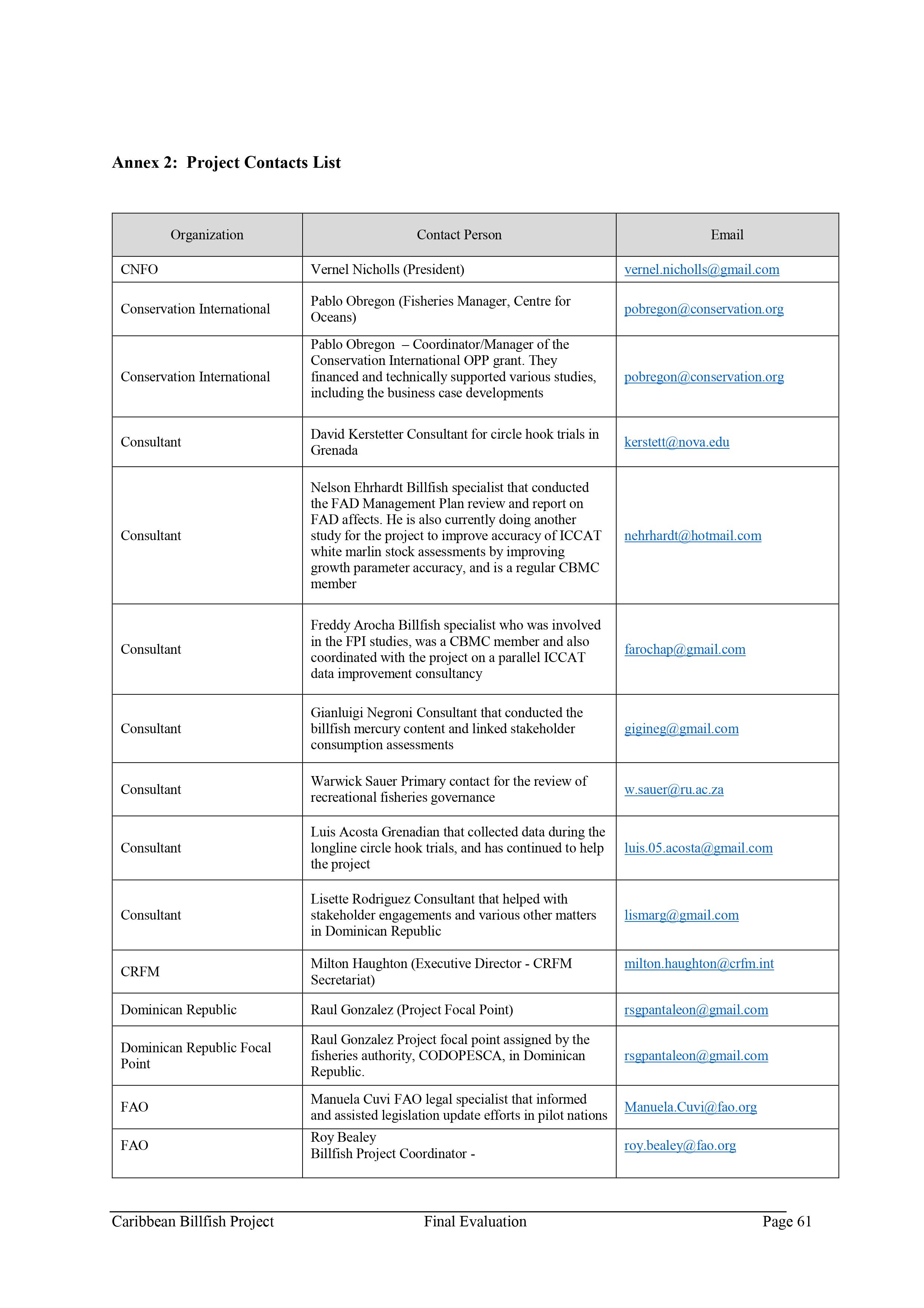
Caribbean Billfish Project – Final Evaluation – Contacts & Documents List
Author: Caribbean Billfish Project PCU
Year:
Keywords:
 4
4


 Report issue
Report issue
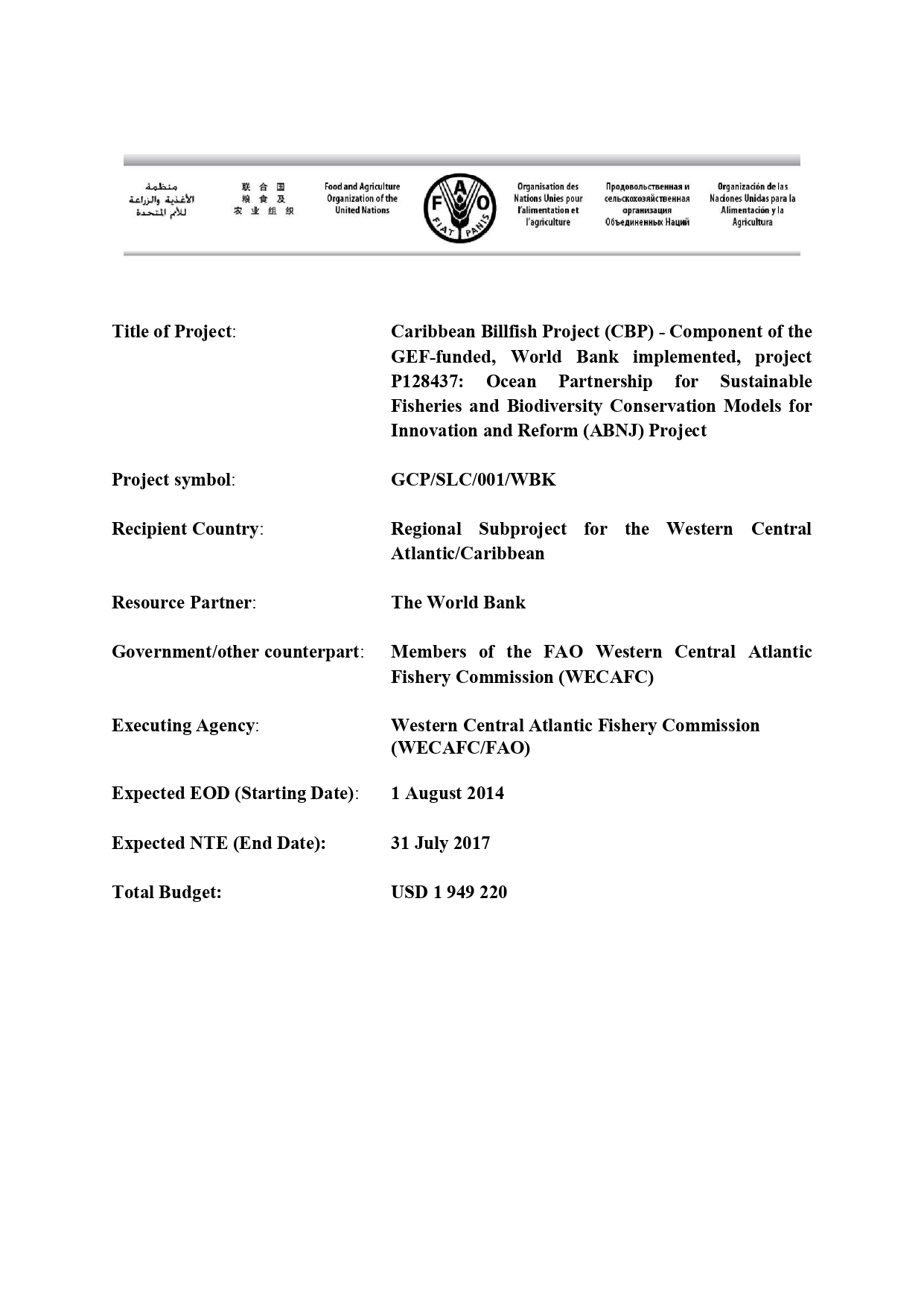
Caribbean Billfish Project (CBP) Project Document
The objective of this Caribbean Billfish Project (CBP) is to develop business plans for one or more long-term pilot projects aimed at sustainable management and conservation of billfish within the Western Central Atlantic Ocean. The divergence in value between the commercial and recreational subsectors represents a significant ‘entry point’ and opportunity for conservation and value creation which this project aims to exploit. The completed business plans will incorporate the economic, technical and financial rationale and feasibility to attract investment involving private and public capital.
The project also contribute significantly to regional capacity building, information sharing systems and management and conservation planning for billfish. The Executing Agency of this subproject is described as “WECAFC/FAO”.
Author: FAO WECAFC
Year: 2014
Keywords:
 8
8
 1
1

 Report issue
Report issue
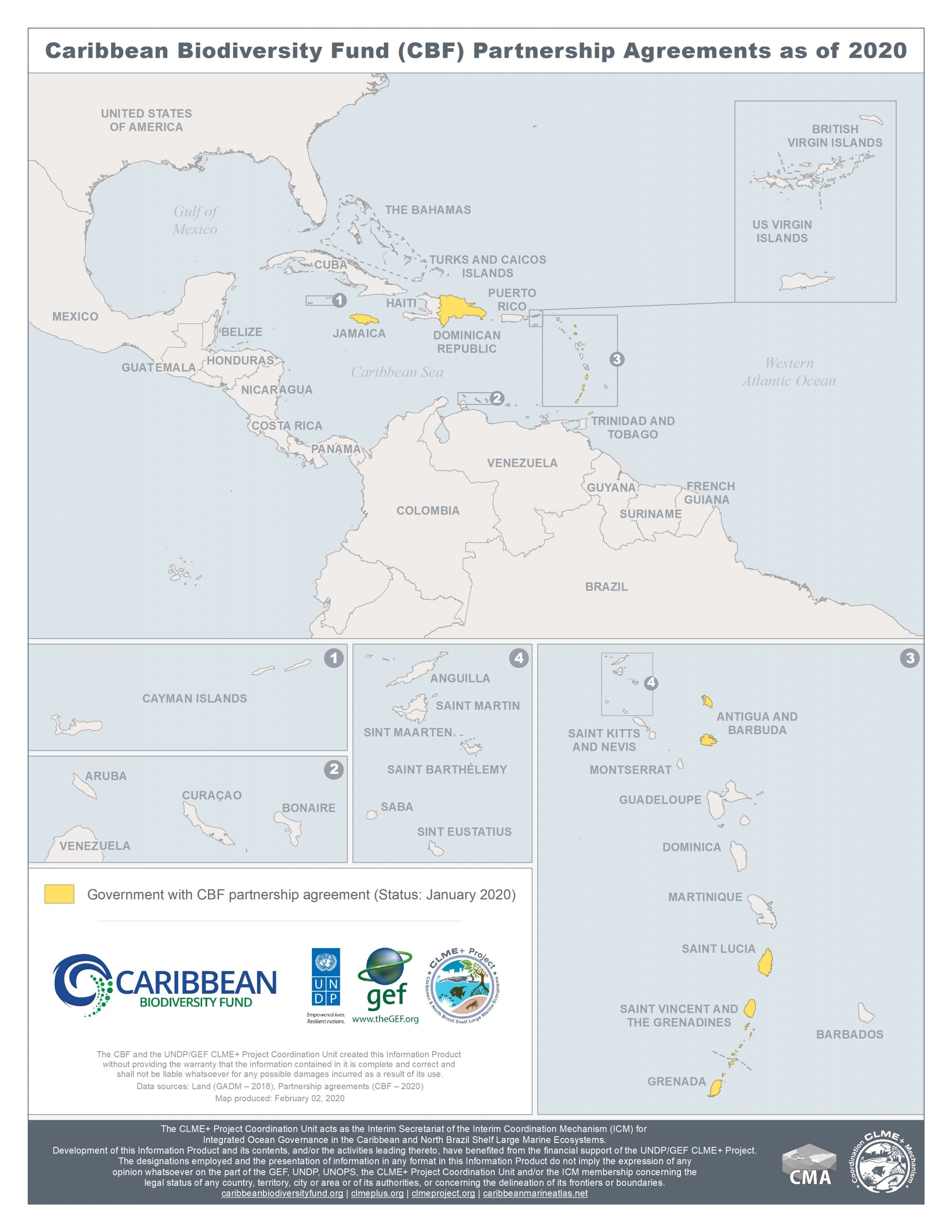
Caribbean Biodiversity Fund (CBF) Partnership Agreements as of 2020
Author: CLME+ PCU
Year: 2020
Keywords: Caribbean Biodiversity Fund (CBF) Partnership Agreements as of 2020
 7
7


 Report issue
Report issue
Caribbean Development Bank Borrowing Members as of 2020
Author: CLME+ PCU
Year: 2020
Keywords: Caribbean Development Bank Borrowing Members as of 2020
 5
5


 Report issue
Report issue
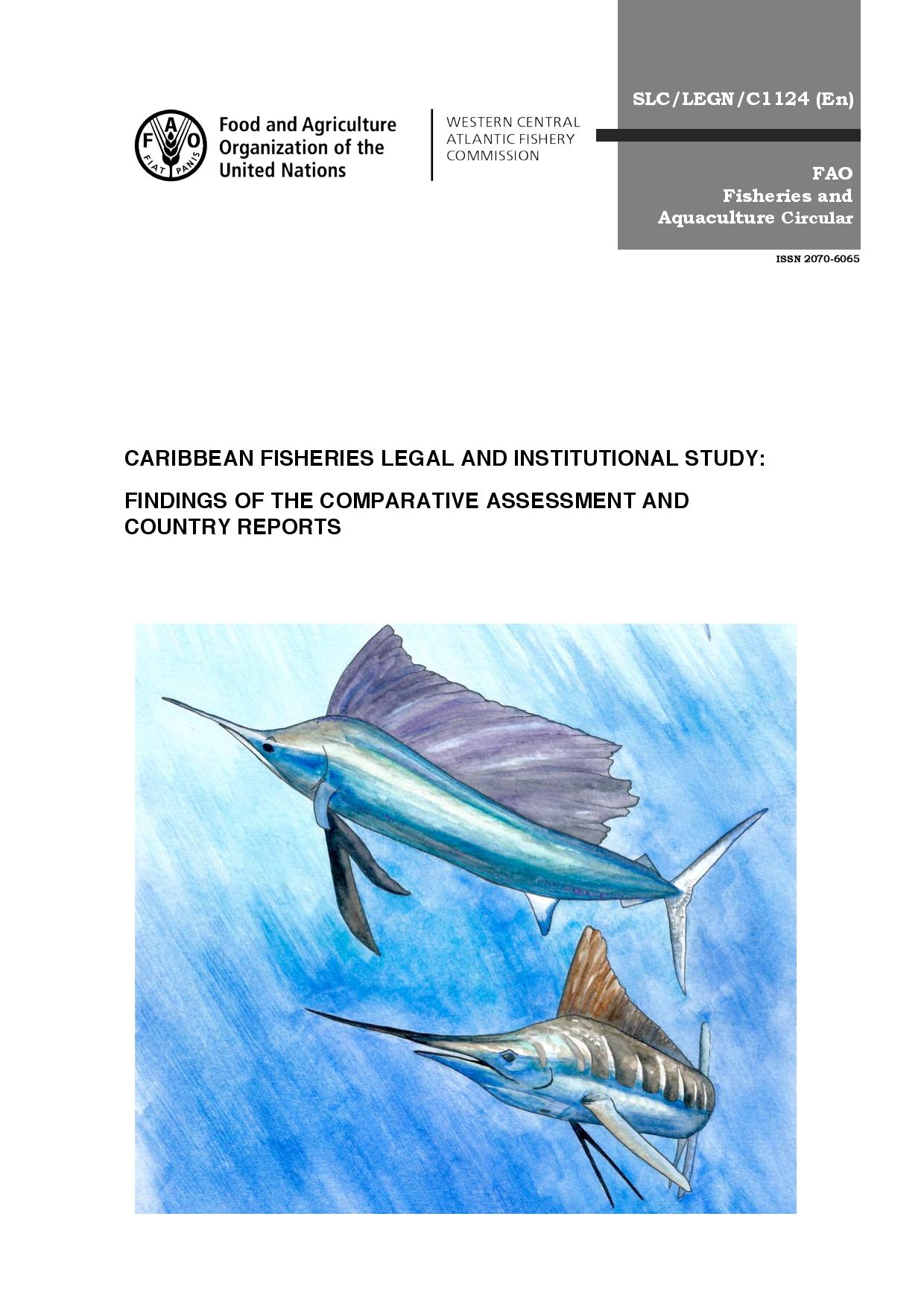
Caribbean Fisheries Legal and Institutional Study: Findings of The Comparative Assessment And Country Reports
The study carried out an analysis of the legal and institutional framework of the Caribbean fisheries based on a survey and questionnaire sent to the WECAFC countries. As the region is a complex patchwork of countries the methods of drafting and adopting legislation may vary considerably from one country to another. Legislation exists in all countries for the
management of marine capture fisheries at the national level, which included both legal and administrative frameworks, but the legal framework often does not specify a formal management process with identified roles, responsibilities, information needs, and time frames for activity completion and evaluation.
This study assessed basic fisheries legislation and institutional frameworks of member countries of the Western Central Atlantic Fishery Commission (WECAFC). Its objective was to provide a baseline comparison of national legal and institutional frameworks for fisheries management and to identify the extent to which national legal and institutional frameworks provide a suitable foundation for the regulation of commercial and recreational/sport fishing and the conservation of billfish resources in the region, including through the use of rightsbased approaches.
Author: Leria, C.
Year: 2016
Keywords: Caribbean Billfish Project FAO WECAFC Caribbean Fisheries Legal And Institutional Study
 5
5


 Report issue
Report issue










